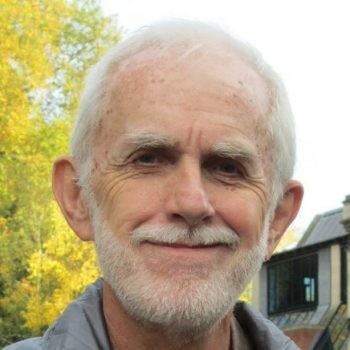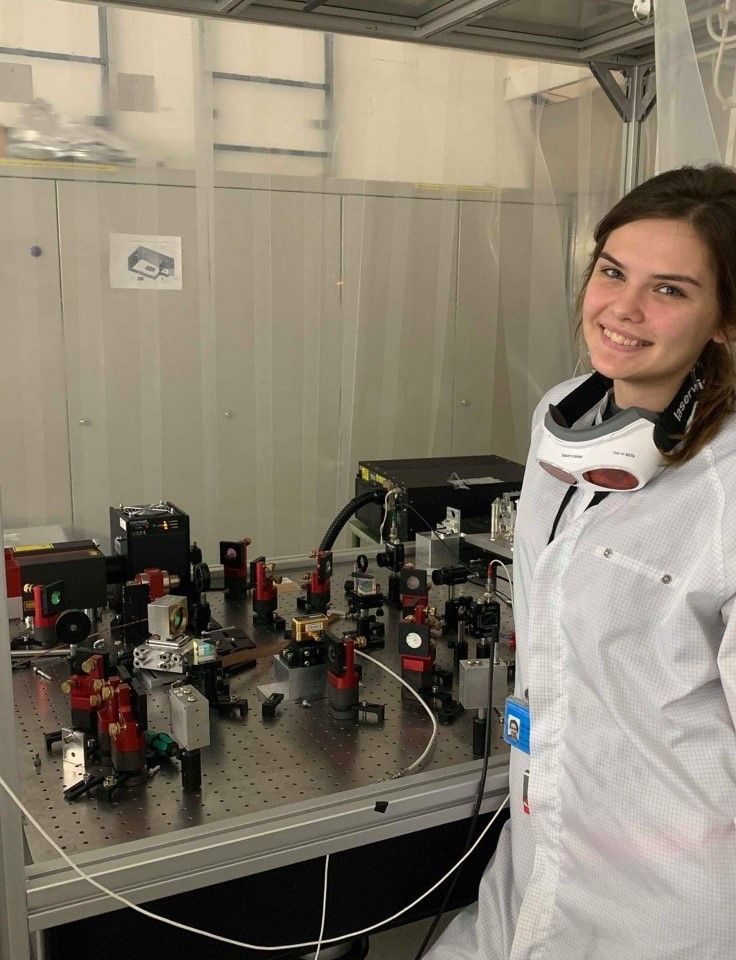Physics Graduate Students Receive Prestigious Fellowships and Win Prizes

UF physics graduate student Alex Tucker has been selected by the Madelyn Lockhart Dissertation Awards Committee to receive the 2021 Emerging STEM Scholar Award from the Association for Academic Women (AAW). She will be awarded $1,000, supported by the National Science Foundation’s Presidential Early Career Awards for Scientists and Engineers (PECASE). This award supports extraordinary female students who are completing their dissertations in STEM and have contributed to creating a more inclusive and diverse community.
In addition, Alex was selected as a 2020-2021 STEM Chateaubriand Fellow. She was awarded $14,200 to continue her PhD research at the Institut d’Astrophysique de Paris (IAP) for 9 months, commencing August 2021. The STEM Chateaubriand Fellowship for doctoral students aims to initiate and reinforce collaborations between French and American research teams. It is offered by the Office for Science & Technology of the Embassy of France, in partnership with the National Science Foundation’s GROW program.
More information may be found here.
Alex is working with UF physics professor Clifford Will (a recent recipient of APS Einstein Prize) and Luc Blanchet, PhD, at IAP on modeling the evolution of lack hole binaries and using observational data to locate massive black holes.

Prachi Sharma, who recently earned her PhD in physics from UF, received the Best Presentation Silver Prize for her invited talk “Optical conductivity of a Dirac-Fermi liquid,” given at the International Conference on Low-Energy Electrodynamics of Solids (LEES) in July 2021. Prachi was one of the few speakers to be invited while a graduate student and the only one among them to win a prize.
Advised by Professor Dmitrii Maslov, Prachi successfully passed her final PhD exam in June 2021 and started a post-doctoral position at the University of Minnesota in fall 2021. Her research will involve both first-principle and analytic modeling of 2D electron systems.


